AFL legend Sam Mitchell on the pain of losing someone to dementia
AFL great and assistant Hawthorn coach Sam Mitchell has opened up about losing a loved one to dementia, which is threatening to become Australia’s number one killer. See the biggest risks to you and how to get help.

Health
Don't miss out on the headlines from Health. Followed categories will be added to My News.
Australia’s number-one killer is set to be dethroned by rising rates of dementia and unless something is done to stop it, everyone in the country will be impacted by its grip.
Heart disease is still the number one killer in Australia, but rates have decreased 22 per cent in the decade since 2009.
Dementia, which includes Alzheimer’s disease, is in second place but rates skyrocketed 68.6 per cent during that same period, according to the Australian Bureau of Statistics.
Dementia Australia CEO Maree McCabe said the rise was concerning and stressed the need for medical advancements.
“In 2019, there is an estimated 447,115 Australians living with dementia,” she said.
“Without a medical breakthrough, the number of people with dementia is expected to increase to 589,807 by 2028 and 1,076,129 by 2058.”
“There won’t be anyone in Australia who isn’t impacted in some way.”
A “well-developed” strategy is needed to accommodate rising dementia rates, according to Ms McCabe who said additional support for carers is vital.
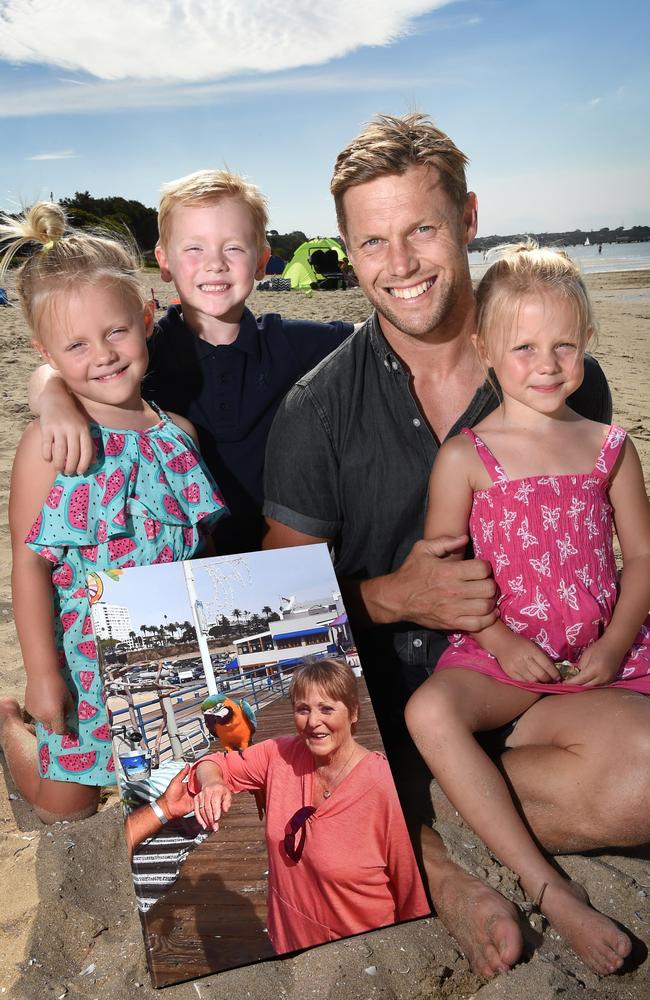
“Without carers people can’t live as long at home,” she said.
“So what’s predicable is there will be premature entry into aged care in some places.”
Ms McCabe said dementia was “not a normal part of ageing” and risk could be reduced by looking after blood pressure and cholesterol, maintaining a healthy weight, exercising and cutting back on drinking alcohol and smoking.
‘I will fight back against dementia’
Juanita Hughes, 54, was diagnosed with behavioural frontotemporal dementia in early 2019.
Despite her initial feelings of sadness, Ms Hughes, from Brisbane’s Inala, says her diagnosis “came as a relief”.
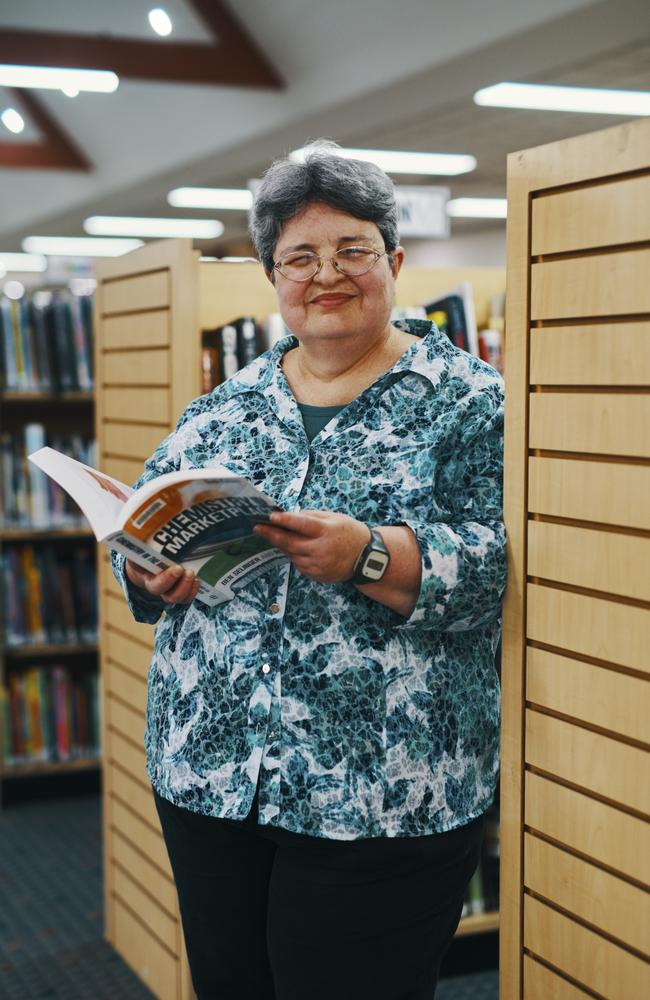
“My father had it so I was aware of the signs,” says Ms Hughes, who has a background in science research.
“It was affecting my decision-making, my emotional attachment and ability to plan things.
“I would start planning something but then couldn’t stick to it, I’d start planning all over again.”
Ms Hughes, who works as an advocate for Dementia Australia and regularly speaks at conferences, says she worries about her future and the financial implications.
“I live alone so that’s a worry. It’s hard enough as it is with a partner by your side to look after you,” she says.
Ms Hughes, who has vowed to “fight back against dementia as much as humanly possible”, says she is scared about the possibility of going into an aged care home.
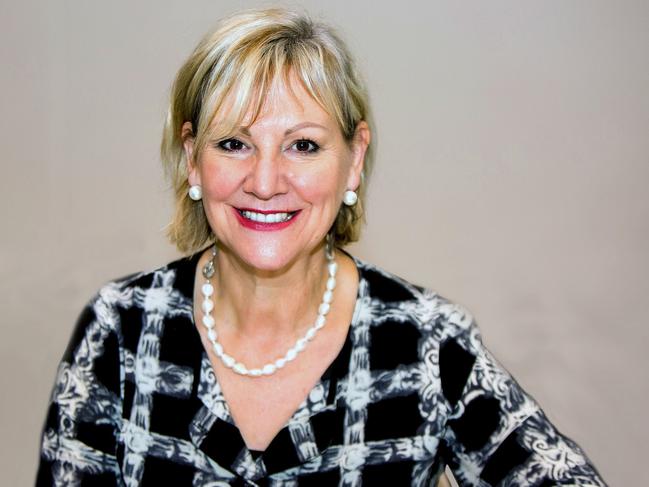
She says staff at care homes need to be better educated about dementia and that there needs to be specific care homes for younger patients.
“There are no places for people with younger-onset dementia. You can be put into respite with people in their 90s when you’re in your 50s.”
Ms Hughes, who will speak at a conference in Singapore this year, says more needs to be done for younger dementia patients, who tend to “fall through the cracks”.
‘Preventive health works’
Australian Medical Association (AMA) president Dr Tony Bartone said the marked decrease of deaths from coronary heart disease showed some preventive health measures were working, but “obesity sedentary lifestyles remain the greatest health challenge”.
“The rate of childhood obesity must be addressed as a national priority,” he said.
Another concern for the AMA was Australia’s suicide rate, which Dr Bartone said was “unacceptably high”.
Suicide was the leading cause of death for Australians aged 15 to 44 and was the second highest cause of death in the 1 to 14 years age bracket.
It is estimated 105,730 years of potential life were lost due to suicide in 2018 and it is the tenth leading cause of death for men and the 23rd for women.
Rachel Bowes, Head of Crisis Support and Quality with Lifeline Australia said there were a number of factors which contributed to suicide including retirement, leaving school, divorce as well as family breakdowns.
Lifeline has recently launched its #YouCanTalk campaign with nine other suicide prevention services, which Ms Bowes said was working towards breaking down the stigma of talking about suicide.
“It takes a whole of community approach to preventing suicide,” she said.
“We want to encourage every person in Australia to realise their potential to support a person in crisis.”
Lifeline ambassador Ben Farinazzo, 45, encouraged anyone struggling with their mental health to reach out to their loved ones and medical professionals.
After more than a decade in the military, which included serving in East Timor in 1999, Mr Farinazzo said he brushed off changes he’d noticed in himself until they reached a head in 2011.
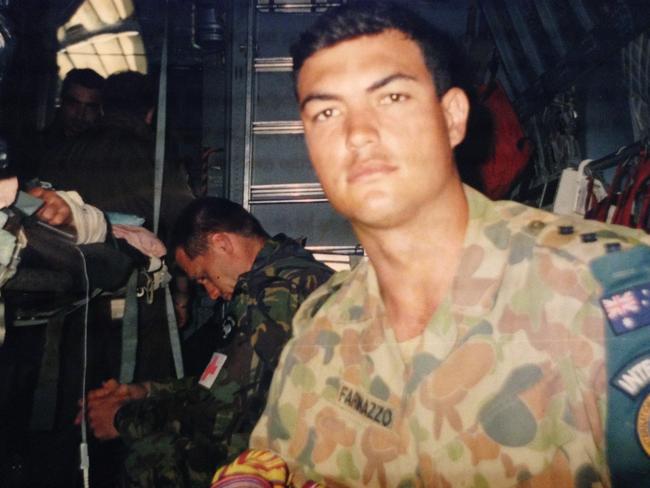
He stormed out of the house after an argument about “something relatively minor” with his wife and drove to his office where he made the life-changing decision to take some anxiety and depression questionnaires online.
“My results were really high, I couldn’t understand why,” Mr Farinazzo said.
Mr Farinazzo wanted to get help immediately, but his doctor’s office was closed so he called Lifeline instead.
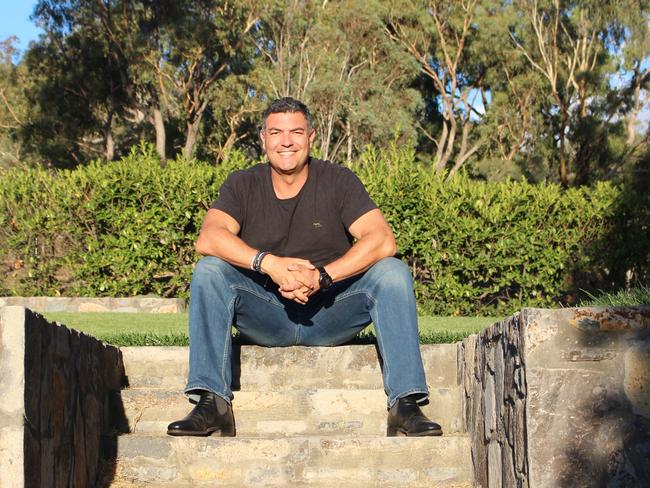
“I just dialled 13 11 14 and introduced myself and said ‘I don’t really know why I’m calling’ and a lady on the other end of the phone said, God bless her, ‘that’s alright, that’s normally how the conversation begins,” he said.
“Little did I realise at the time was that woman, whoever she was, put into plan a series of events that ended up saving my life.”
Mr Farinazzo later saw a GP and was diagnosed with Post Traumatic Stress Disorder.
The journey that followed included a year-long stint in a hospital mental health unit and recovery from a mountain bike accident in which Mr Farinazzo snapped his neck and broke his back in five places.
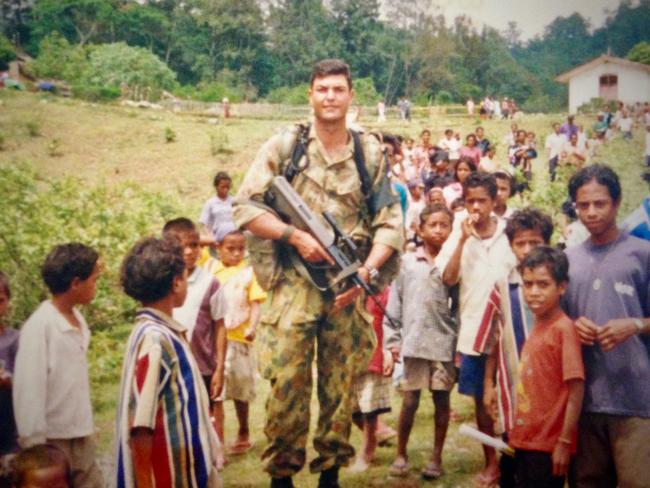
Having survived “walking through the valley of the shadow of death” as he calls it, Mr Farinazzo said his focus now was on maintaining his physical health, regular counselling and nurturing connections with his family and friends.
For 24/7 crisis support and suicide prevention services, phone Lifeline on 13 11 14 or visit lifeline.org.au/gethelp.
Originally published as AFL legend Sam Mitchell on the pain of losing someone to dementia
